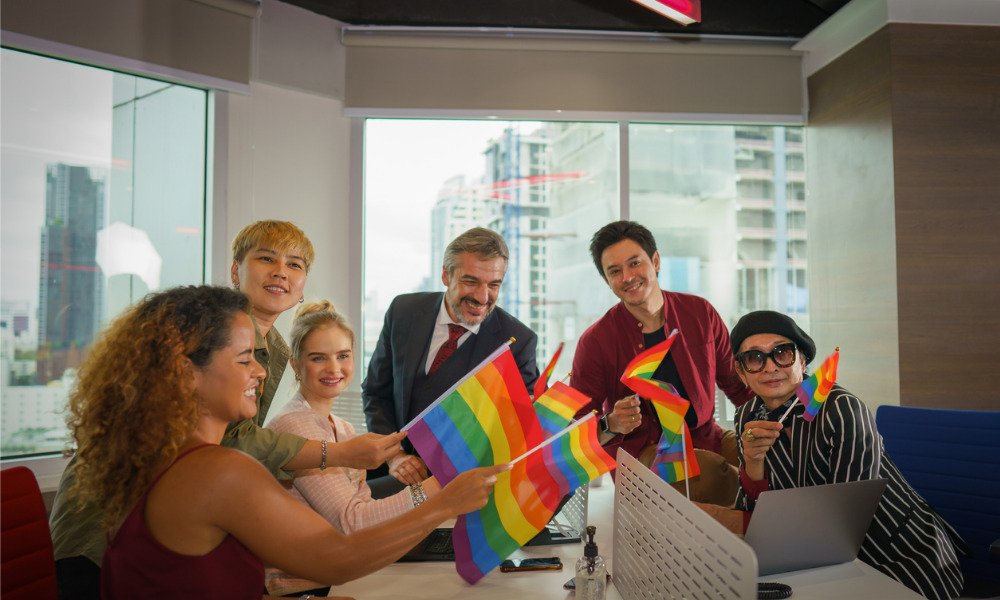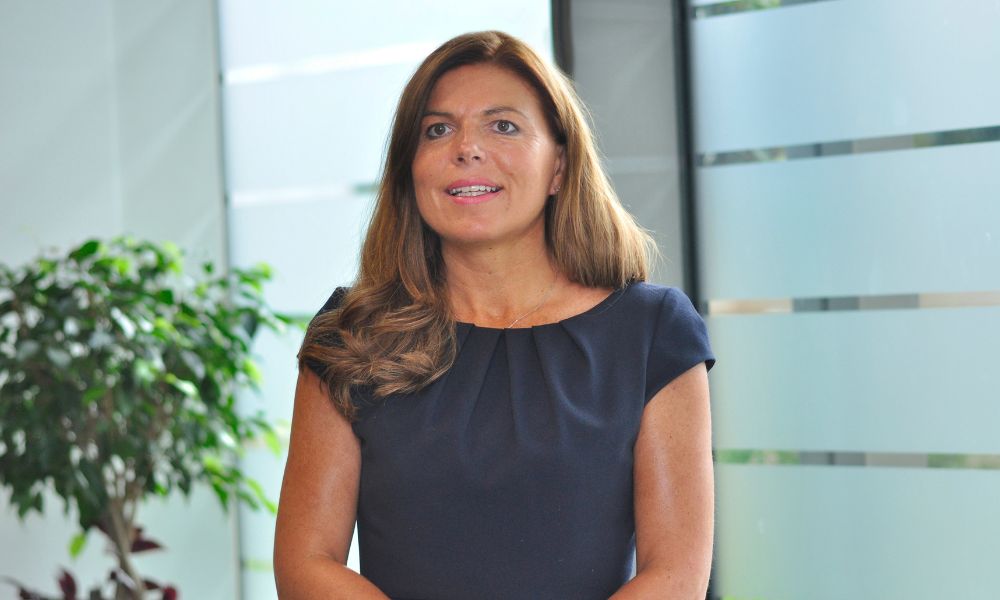What are top reasons people feel uncomfortable?

While the majority of LGBT+ respondents to a global survey said that many employers have introduced positive measures to support them, too many non-inclusive behaviours still happen in many workplaces.
The Deloitte survey showed that 80 per cent of employers have introduced inclusive initiatives and for almost all of them (95 per cent), this has seen positive experiences in the workplace.
“I was positively surprised by the number of respondents that basically said that their employers were demonstrating a commitment to LGBT+ inclusion and then in turn, the impact that’s happening is also good and I was pleasantly surprised by that as well,” says Emma Codd, global inclusion leader at Deloitte Global in London, U.K.
The study heard from 600 employees who identify as LGBT+ in February, from 12 countries including Canada.
Bad behaviour still happens
However, the findings showed a disturbingly high number of workers (42 per cent) still reported non-inclusive actions while on the job.
Such things as unwelcome jokes or comments (33 per cent), laughter at the employee’s expense (31 per cent), as well as unwanted physical contact (21 per cent) or being left out of social occasions (20 per cent) were some of the most popular behaviours reported in the survey.
These results are being manifested in a “sort of strange mix,” says Codd, as they showed that the problem is being addressed but harmful actions are still taking place.
“You’ve got employers who are talking more about it; they’re enabling ERGs to be set up, they often have allyship programs and you’ve got LGBT+ people saying, ‘This is having a positive impact.’ And yet, you’ve got these respondents saying, ‘But I’m experiencing non-inclusive behaviours,’ and you’ve got around half who do not feel comfortable or able or willing to be out beyond their closest colleagues.”
Read more: How to achieve the ‘fullness of diversity’.
Less than half of respondents (45 per cent) have shared their sexual identity with colleagues, and 17 per cent have not shared it with anybody at the workplace.
These people feel comfortable with their immediate colleagues because the culture makes the comfortable, but the organization at-large does not make them feel comfortable, says Codd, which indicates there is still plenty of work to be done around fully welcoming these workers.

Emma Codd
Effect on career
Another reason why LGBT+ workers remain reluctant to disclose their identities included worrying about their career prospects for 23 per cent of respondents.
But what should be done to change these feelings for LGBT+ people?
It all comes down to addressing the overall organizational culture, says Codd.
“Having a workplace culture where you don’t have people saying, ‘I’m not out, because I think it could affect my career progression,’ or ‘I’m not out because I’m worried about the adverse impact it will have on me,’ that just has to stop. In the organization’s culture, if we’re going to say something, we need to live it, as well and so there is a bit of work to be done by organizations.”
Read more: How to become a ‘safe space’ for LGBT+ employees and customers.
For HR, this means directly addressing these issues with leadership, she says.
“When it comes to the culture of an organization, for an HR leader, there’s only so much that they can do; this is down to the leadership walking the talk but the HR leaders needs to be making sure that they have leaders that they’ve engaged with who understand the importance of LGBT+ inclusion in their workplace. And then an HR role is to enable that [and] to make sure that when people do want to speak up, that the formal channels they’ve got are evident, and people do understand the process, they do understand you can phone this hotline, you can do this, you can do that. That’s a really, really, critically important role.”
LGBT+ lens
As well, HR should view policies and procedures with an inclusive lens, and especially whether they are taking into account the LGBT+ employee, says Codd.
And be prepared to speak with those workers and find out as much as you can about their lived experiences, which will go a long way toward achieving true inclusion.
“I have an LGBT+ advisory group who are incredible. I have our ERG network leaders around the world, and everything that we are thinking about doing, we asked them, we listen to them, and they really help us with co-creation, collaboration the best way: listen to your people, ask them for their experiences, ask them what can be done better, ask them what’s working really well and that’s to me is so important for any HR or leader to build with lived experience at the heart.”




